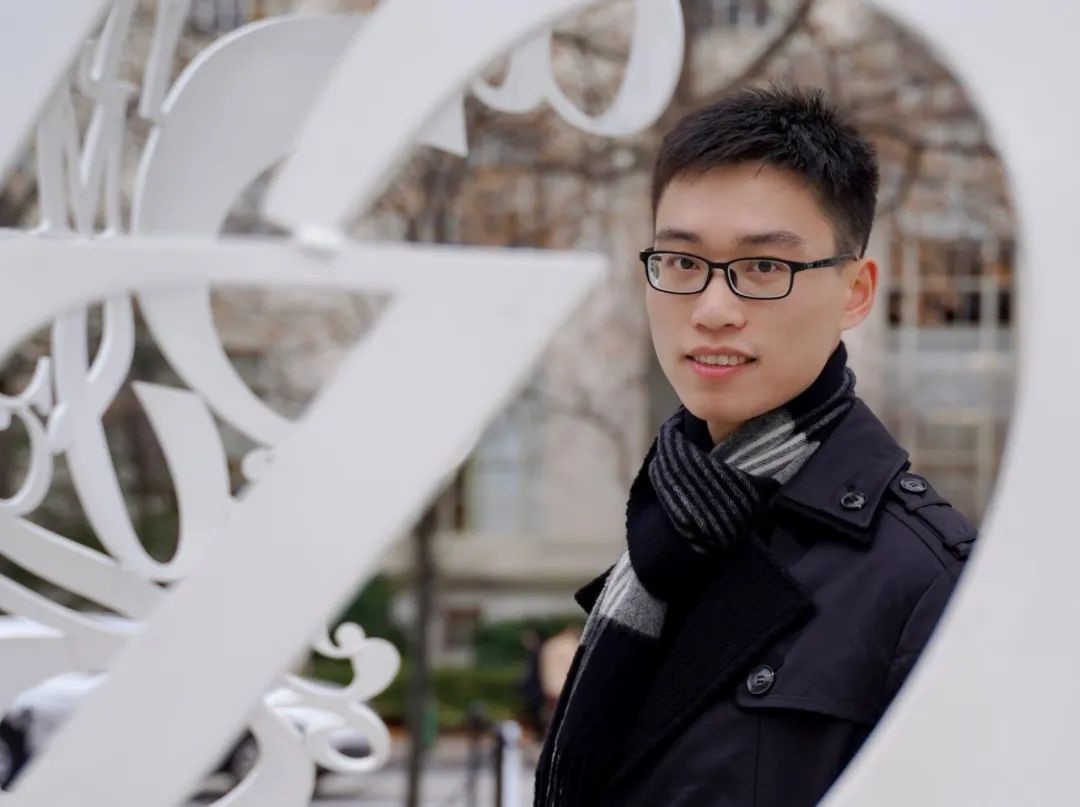Recently, MIT Professor Li Ju's research team has developed CRESt (Copilot for Real-world Experimental Scientist), which is an artificial intelligence assistant for experimental scientists. Related papers, CRESt - Copilot for Real world Experimental Scientist, and Autonomous experiments using active learning and AI are published on ChemRxiv and Nature Reviews Materials, respectively. The first author of the two papers is Ren Zhichu, a doctoral student in the Department of Materials at MIT and Zhiyuan Chemistry graduate, and Professor Li Ju is the corresponding author of the papers.

Video link:
http://li.mit.edu/S/ZhichuRen/Upload/crest_demo_20230709_sc_sub_compressed.m4v
The CRESt system is so simple to operate that the experimental researchers can control a complete set of automated experiment platforms using only natural language, without having to learn any programming languages. Zhichu said that in the near future, every experimental researcher shall have a AI research assistant who can help us to design and conduct automated experiments, analyze experimental data, propose mechanism guesses, and even solve puzzles. Research AI assistants can significantly reduce the repetitive physical labor of laboratory workers, allowing researchers to focus on critical thinking.

Clear distribution of labors -- the researchers conduct the fine work, and the robotic arms conduct the repetitive tasks (Credit: MIT)
Over the past few decades, the world of bits has grown significantly faster than the world of atoms. This is mainly because the speed of iteration and experimental repeatability in the bit world is much higher than in the natural sciences. Computer Science can iterate and optimize quickly, while natural science experiments often take a long time and are not reproducible. This phenomenon has led to a huge difference in the speed of development between the fields of natural science and computer science
At present, large language models such as ChatGPT may be the key to solving this problem. CRESt aims to make natural science experiments more automated and accessible, allowing researchers to control the process in natural language alone, without having to obtain any programming experience. This can not only help solve the problem of slow iteration and poor repeatability of experiments in the natural sciences, but also may lead the natural sciences to achieve exponential growth, so that mankind can truly usher in the "singularity" moment.

Personal profile
2014-2018 Zhiyuan Chemistry student, pursuing PhD degree at Department of Materials, MIT
2021-2022, served as the President of MIT Chinese Student Association
